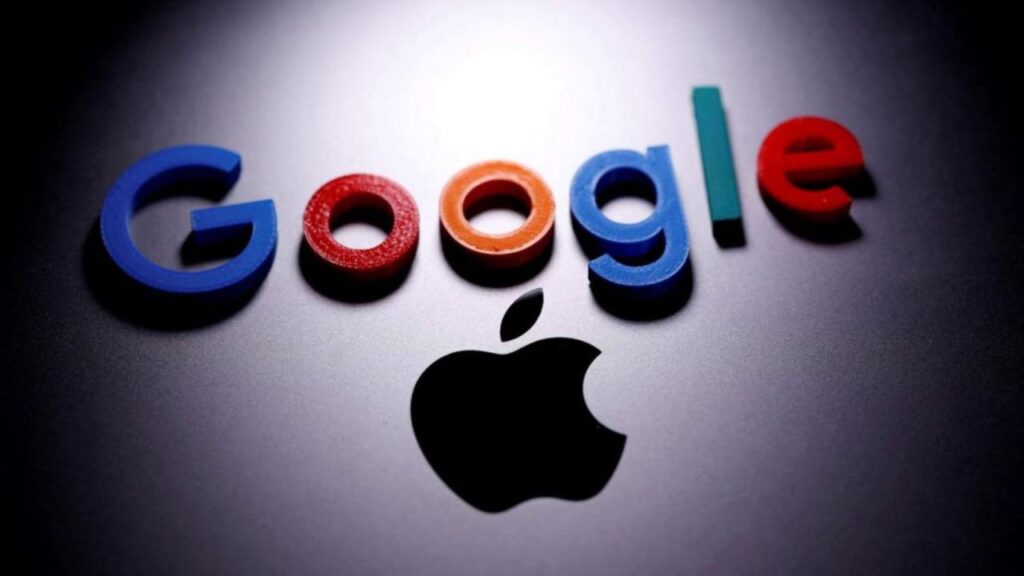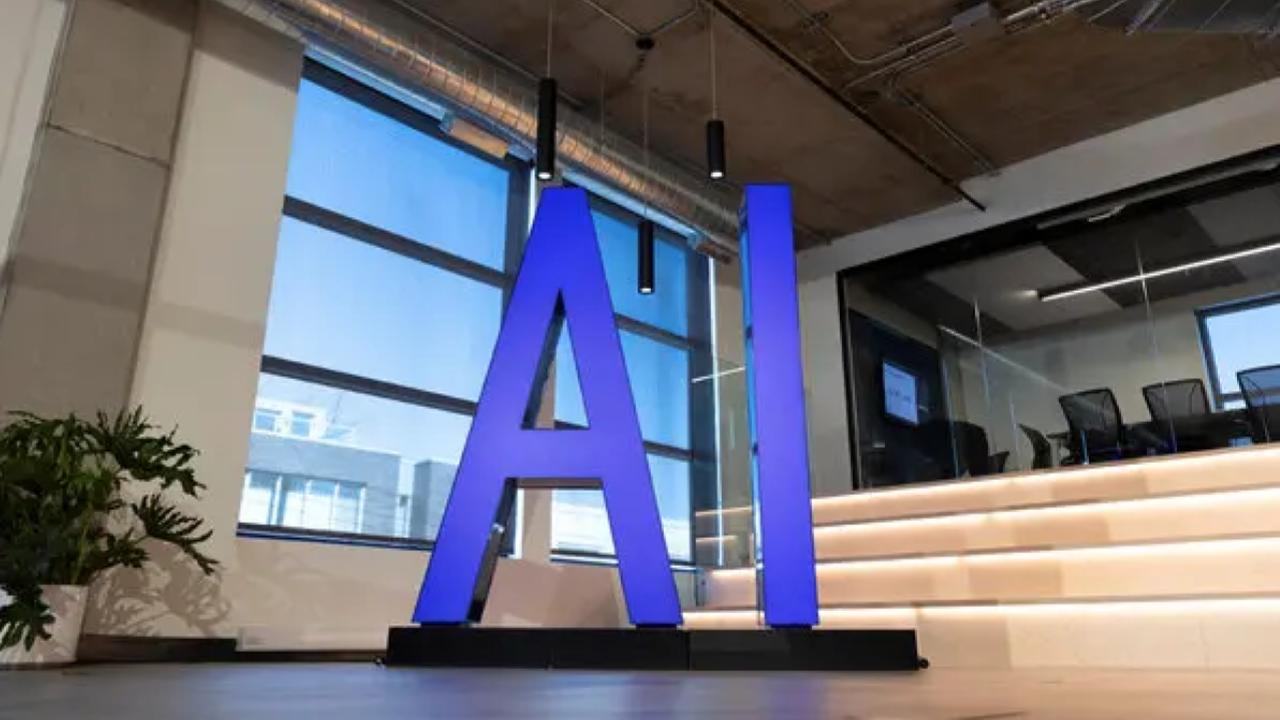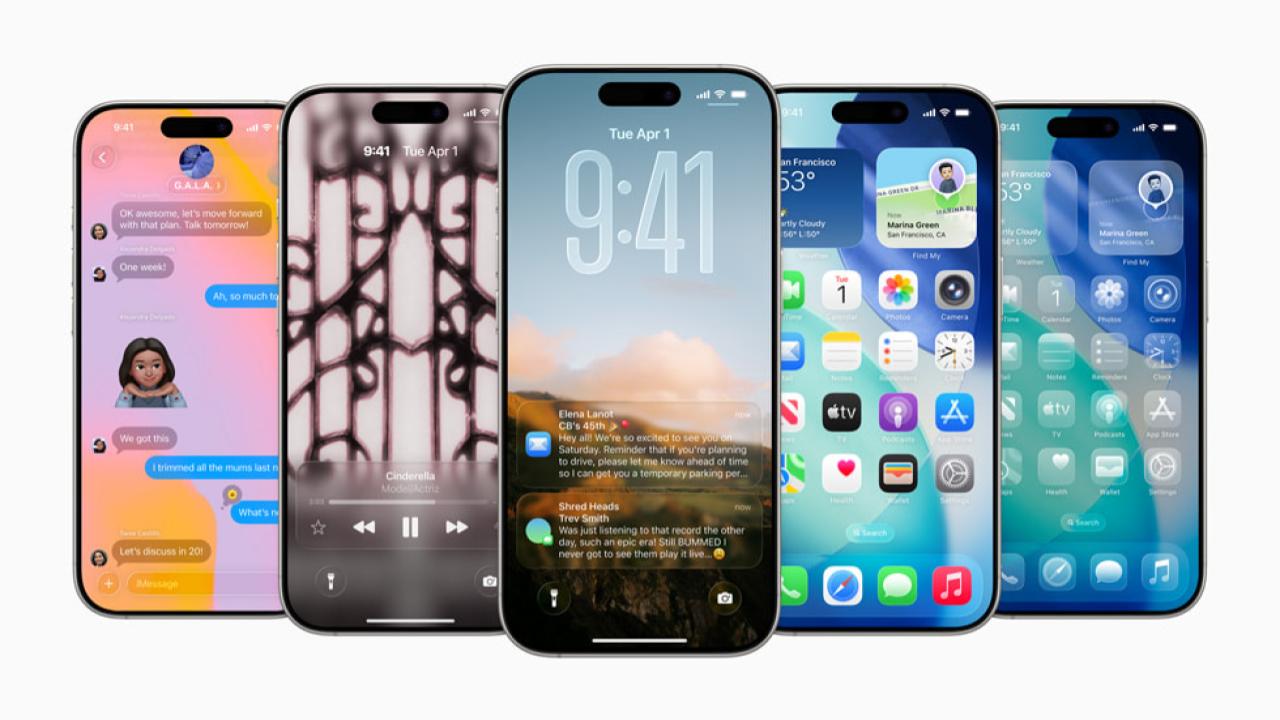A new law in Texas is set to transform how Apple and Google operate their mobile app stores—requiring age checks for every user within the state starting January 1, 2026. It’s a sharp pivot in the national conversation about balancing child safety, privacy, and free speech. Here’s what readers need to know—and why it matters RIGHT NOW.

Texas Just Took on Apple and Google
| Insight | Stat |
|---|---|
| Texas isn’t alone: it follows Utah’s 2025 age‑verification law. | — |
| 81 % of Americans favor parental consent for kids on social media. | 81 % |
| Privacy concerns: Apple warns it must gather sensitive data on all users—even adults. | — |
As a parent, I support safer online experiences for kids. But forcing every adult to upload IDs may be overkill. I believe child protection can and should be implemented—without demanding full population surveillance. Texas’s law marks a watershed—and we’ll all be watching how the legal challenges unfold.
What the Texas Law Does
Signed by Gov. Greg Abbott, Senate Bill 2420—known as the App Store Accountability Act—mandates that Apple and Google verify the age of every Texas-based app store user. Anyone under 18 must obtain parental consent before downloading apps or making in‑app purchases.
How It Works:
- Users may need to upload a government ID and possibly a biometric selfie.
- App stores sort users into categories: child, younger teen, older teen, or adult.
- Without verification—or if under 18 without consent—access is restricted or blocked.
Zooming out: The age-check requirement also extends to apps you already have—like weather, banking, or games—if those apps undergo significant updates, per internal alerts triggered by “significant change” clauses.
Tech Giants Push Back
Apple
CEO Tim Cook personally lobbied Gov. Abbott to veto or rethink the bill, warning that making all Texans verify their age—even if they’re adults downloading a free weather app—will require mass collection of sensitive personal data. Apple instead proposes an “age assurance” feature: letting parents confirm age ranges to developers—without uploading government IDs.
Google remains cautious, reportedly “assessing next steps.” As the keeper of Android and YouTube, it faces similar obligations on data storage and privacy.
Social Platforms Weigh In
Meta, along with X (formerly Twitter) and Snap, supports shifting the verification burden to app stores rather than requiring separate identity checks for every individual app.

Bigger Picture: Legal and Cultural Ripples
- First Amendment concerns loom large. Past legal challenges—like Utah’s earlier efforts—were paused or blocked under free-speech arguments.
- Texas as tech policy trendsetter. With its massive population, lawmakers hope to drive national discussions—even as federal efforts like the Kids’ Online Safety Act (KOSA) propose different approaches.
- Global context: The U.K. and Australia are also pushing hard on age controls for online services.
Why This Matters to You
- Privacy vs. Protection: The law represents the most aggressive form yet of child-safety legislation—but could result in unprecedented personal data collection on millions of adults too.
- National implications: If upheld, Texas’s model may pave the way for similar rules elsewhere—or spark federal standards under KOSA.
- Parental empowerment—or control? Some say this law gives parents more tools. Others worry it centralizes too much power—and data—in the hands of big tech.
FAQs
When does the law take effect?
January 1, 2026. Though signed in May 2025, it provides a window for implementation and potential legal battles.
Does it apply to free apps too?
Yes—all apps on Apple or Google stores—including utility apps like weather or sports—may prompt age verification after updates.
Will this law face court challenges?
Very likely. Previous state-level laws on age-restricted content faced injunctions and constitutional challenges. Texas’s bill isn’t immune—and First Amendment issues loom large.










